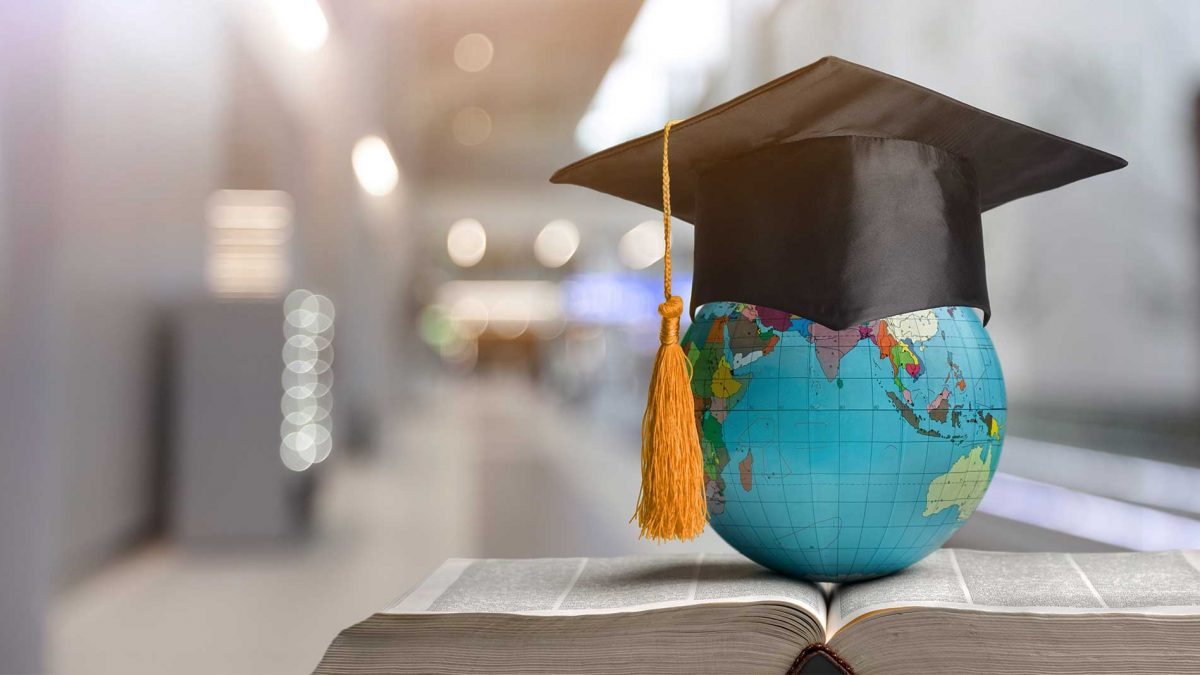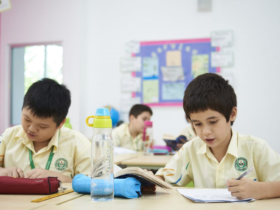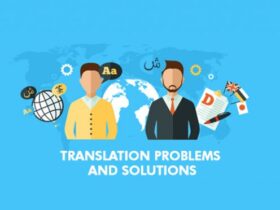Building Strong Foundations in International Education for Lifelong Learners

International education transforms people into global citizens. Cross-border travel fosters knowledge of different societies, viewpoints, and ideas. Early foundations are vital for those starting out, especially at penang international school. Strong basics guarantee that an globally-focused course serves pupils even after qualification, inspiring lifelong education and adaptation. The aim is to grow resilience, kindness, and a proactive learning style to help pupils adapt to a changing world.
The Pillars of Global Competence
Developing worldwide abilities is key in international learning. This includes fostering cultural awareness, interaction between cultures, and a broad perspective. Students learn to adapt to numerous social circumstances to survive in a diverse global culture. Interconnectedness—how local acts affect the world and vice versa—is emphasized. This holistic approach teaches students to be responsible and involved global citizens who can work together to solve problems and seize opportunities.
Curriculum Design for Enduring Impact
Building a solid foundation for continuous education requires good curriculum design. International curricula should promote problem-solving, critical thinking, and creativity, not just memorization. Its multidisciplinary approach helps students understand the big picture and connect concepts across areas. penang international school may use project-based learning to simulate real-world situations with diverse classmates. This tactic helps information gaining and convenient abilities like investigation, analysis, and presentation, which are crucial for development and adaptation in any sector.
Fostering a Growth Mentality and Resilience
Growth attitude and resilience define lifelong learners. International learning environments are ideal for developing these traits. Students face fresh problems, educational methods, and learning styles that require flexibility and a desire to try new things. Overcoming these contests boosts assurance and readiness to learn and adapt. The constant experience to new events and viewpoints grows flexibility, making people to face upcoming ambiguity with an open awareness and a problem-solving boldness rather than being saddened by hindrances.
Intercultural Communication and Cooperation
Community interaction and teamwork are vital to global learning and lifelong success. Worldwide schools are natural melting pots where students and tutors from different cultures combination daily. This ongoing exposure helps them comprehend non-verbal cues and modify their statement patterns across linguistic and cultural boundaries. Pupils learn to work in varied teams, know other viewpoints, and discover common ground to reach goals through cooperative projects. Teamwork and worldwide relationships are becoming more important, making these skills essential.
Leveraging Technology for Continuous Learning
Technology is essential to international learning in the digital age. Digital technologies and resources in the curriculum prepare students to access, assess, and use global information. Online research platforms, virtual collaborations, and digital communication tools are taught. Technological fluency is about understanding how technology may help learners build new skills, access new knowledge, and connect with global communities of practice, keeping them nimble and informed throughout their lives.
Building solid international learning foundations ensures growth and global involvement. Global learning surroundings build lifelong pupils ready to face the tasks and chances of a changing world through international competence, thoughtful program design, growth mindset, intercultural communication skills, and strategic technological integration.








Leave a Reply